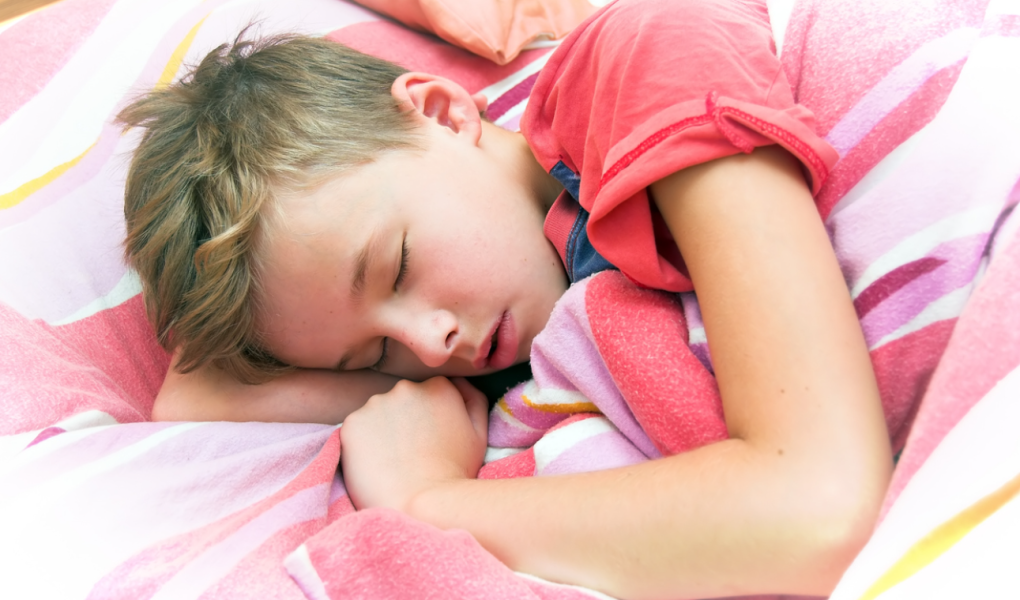Melatonin is a hormone that is naturally produced by the body and is involved in regulating sleep-wake cycles. It’s often used as a supplement to help people fall asleep, and it’s available over-the-counter in various forms, including tablets, gummies, and liquid. But is it safe for children to use melatonin? And if so, what is the recommended dose based on age? Here’s what you need to know:
Is melatonin safe for children?
The short answer is that melatonin is generally considered safe for children when used in appropriate doses and for short-term use. However, it’s important to note that melatonin is not FDA-approved for use in children, and there is limited research on its long-term effects in this population.
It’s also important to note that melatonin is not a one-size-fits-all solution, and it may not be effective for all children. Some children may experience side effects from melatonin, including headache, dizziness, and gastrointestinal problems. It’s also possible for melatonin to interact with other medications or underlying medical conditions, so it’s important to consult with your child’s healthcare provider before giving them melatonin.
Recommended doses of melatonin for children
The recommended dose of melatonin for children varies based on age and weight. Here are some general guidelines:
- Children aged 3-6 years: 0.5-1 mg
- Children aged 7-12 years: 1-3 mg
- Children aged 13-18 years: 2-6 mg
- It’s important to note that these are general guidelines, and the actual dose of melatonin may vary depending on your child’s individual needs and sensitivity to the supplement. It’s also important to start with the lowest effective dose and gradually increase as needed, rather than starting with a high dose.
- It’s also important to follow the dosing instructions on the specific product you’re using, as different products may have different recommendations. If you’re giving your child a liquid form of melatonin, be sure to use the measuring spoon or dropper provided to ensure an accurate dose.
- Tips for using melatonin safely in children
- If you’re considering giving your child melatonin, here are a few tips to help ensure safe use:
- Consult with your child’s healthcare provider: Before giving your child melatonin, it’s important to consult with their healthcare provider. They can help you determine the appropriate dose based on your child’s age, weight, and individual needs, and they can also assess for any potential interactions with other medications or underlying medical conditions.
- Use short-term: Melatonin is generally considered safe for short-term use, but there is limited research on its long-term effects in children. It’s generally recommended to use melatonin for a few weeks or months at a time, and to avoid using it on a daily basis.
- Avoid giving melatonin to children under the age of 3: Melatonin is not recommended for children under the age of 3, as there is limited research on its safety and effectiveness in this age group.
- Avoid giving melatonin to children with certain medical conditions: Melatonin should be used with caution in children with certain medical conditions, such as seizure disorders, autoimmune disorders, and depression. It’s important to consult with your child’s healthcare provider before giving melatonin if your child has any of these conditions.
In conclusion, melatonin is generally considered safe for children when used in appropriate doses and for short-term use. However, it’s important to consult with your child’s healthcare provider before giving them melatonin, as it may not be appropriate for all children and may interact with other medications or underlying medical conditions. The recommended dose of melatonin for children varies based on age and weight, and it’s important to follow the dosing instructions on the specific product you’re using. It’s also important to use melatonin for a few weeks or months at a time and to avoid giving it to children under the age of 3 or children with certain medical conditions. By following these guidelines, you can help ensure that your child uses melatonin safely and effectively.




